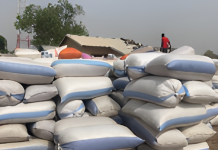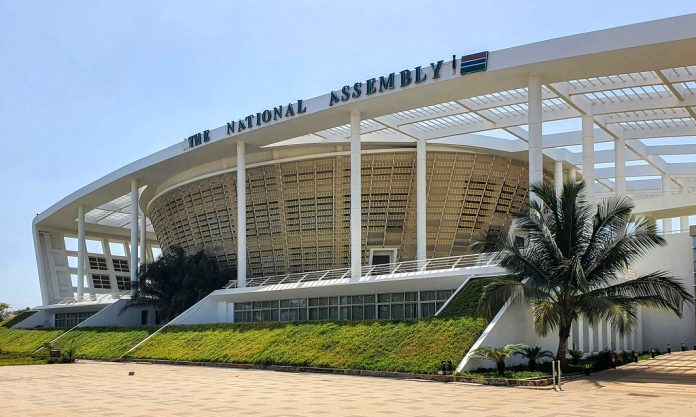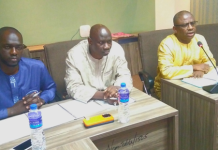By Momodou Jarju
The director general of The Gambia Information and Communication Technology Agency (GICTA) Dr. Karim Jallow has called for political support in a bid to sustain their nascent agency, which is tasked with implementing government’s ICT programmes and projects in line with the country’s Digital Transformation Agenda.
Dr. Jallow made the call on Tuesday during his-led team engagement with the National Assembly Select Committee on Education, Training and ICT. The agency sought an audience with the committee which was granted.
“We hope to get that political support that will help us to drive our agenda and to fulfill our mandate,” he said.
And for them to fulfill their mandate, he said they need to have financial resources, saying the six million dalasis estimated budget for their agency is not sustainable.
“Six million dalasis for an agency like this. Can I even pay the salaries of 12 employees? When we did our budget, I showed the figure for 12 staff that we want to hire, including ourselves, up to 2024, 6 million dalasis, can I even pay the salaries?” he said.
Jallow said ICT isn’t cheap and D6 million cannot take the agency anywhere and this could lead to problems of lack of standardization, quality implementation, sustainability, and management of government ICT systems.
Jallow said their core mandate is to at least be in charge of ICT projects, to monitor the design, the implementation and the operationalization of ICT across all the government ministries, departments and agencies (MDAs) and also to help lead the digital economy of the country.
“This is a very big mandate, just like so many other ICT agencies in the world,” he said.
He said the lack of coordination among government departments is creating a lot of problems.
“We have different agencies, different ministries, different departments developing individual systems…It creates lack of integration between the systems. It creates lack of interoperability between the systems, which inhibits information sharing and information exchange. It also inhibits sustainability of our systems,” he said.
“And if you look at it with this silos implementation also, there are a lot of costs associated with it because we are doing individual silos implementation, no harmonization. And as a result, it costs government and taxpayers a lot of money.”
Meanwhile, the chairperson of the committee Hon. Alhagie Mbowe and Member for Upper Saloum tasked the agency to come up with a strategic plan to be costed so that they would be able to help them. He asked them whether they have a regulation in place and Dr. Jallow responded in the negative, but noted that they are working on it.























